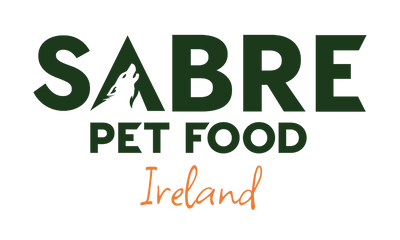We understand how important it is for our customers to know exactly what they’re feeding their beloved pets. With this in mind, we have taken time to gather as much information about the food, its ingredients, and the manufacturing process, as we can to ensure we answer all of your questions and give you the best level of advice we possibly can.
Recently we were asked about our range of Semi-Moist Dog Food and how the food differs from typical dry kibble options. Semi-moist and dry dog food are two different types of commercial dog food. The key differences are:
- Moisture Content:
- Dry Dog Food: Dry dog food, often referred to as kibble, has a very low moisture content, typically around 10-12%. This low moisture level contributes to its long shelf life.
- Semi-Moist Dog Food: Semi-moist dog food contains a higher moisture content, typically ranging from 25-35%. This makes it softer and chewier compared to dry kibble.
- Texture and Consistency:
- Dry Dog Food: Dry dog food is hard and crunchy. It requires dogs to chew it thoroughly, which can be beneficial for their dental health as it helps remove plaque and tartar from their teeth.
- Semi-Moist Dog Food: Semi-moist dog food has a soft and chewy texture, similar to many treats or human snacks. This texture can be more appealing to some dogs, making it a preferred choice for picky eaters. It can also be a great option for older dogs who may be experiencing dental issues.
- Packaging and Shelf Life:
- Dry Dog Food: Dry dog food is typically packaged in bags or containers and has a longer shelf life due to its lower moisture content. It is less prone to spoilage and can be stored for extended periods without refrigeration.
- Semi-Moist Dog Food: Semi-moist dog food is often packaged in pouches or small containers. Its higher moisture content makes it more susceptible to spoilage, so it usually has a shorter shelf life.
When choosing between semi-moist and dry dog food, consider your dog's preferences, dietary needs, health considerations, and any other specific requirements your dog may have. It's also a good idea to consult with your veterinarian to ensure you're providing the best nutrition for your furry companion.
If you have any questions or queries about our products or the services we offer, please get in touch with our customer services team at info@sabrepetfood.com

